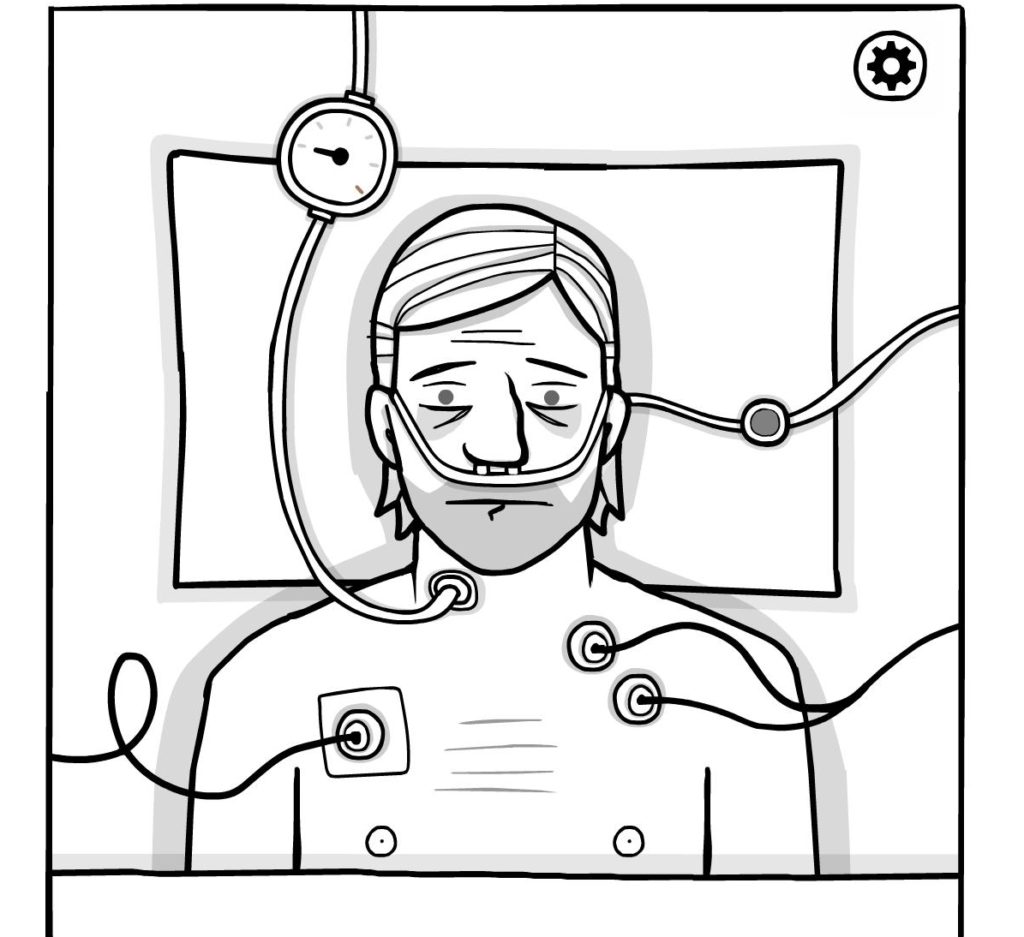
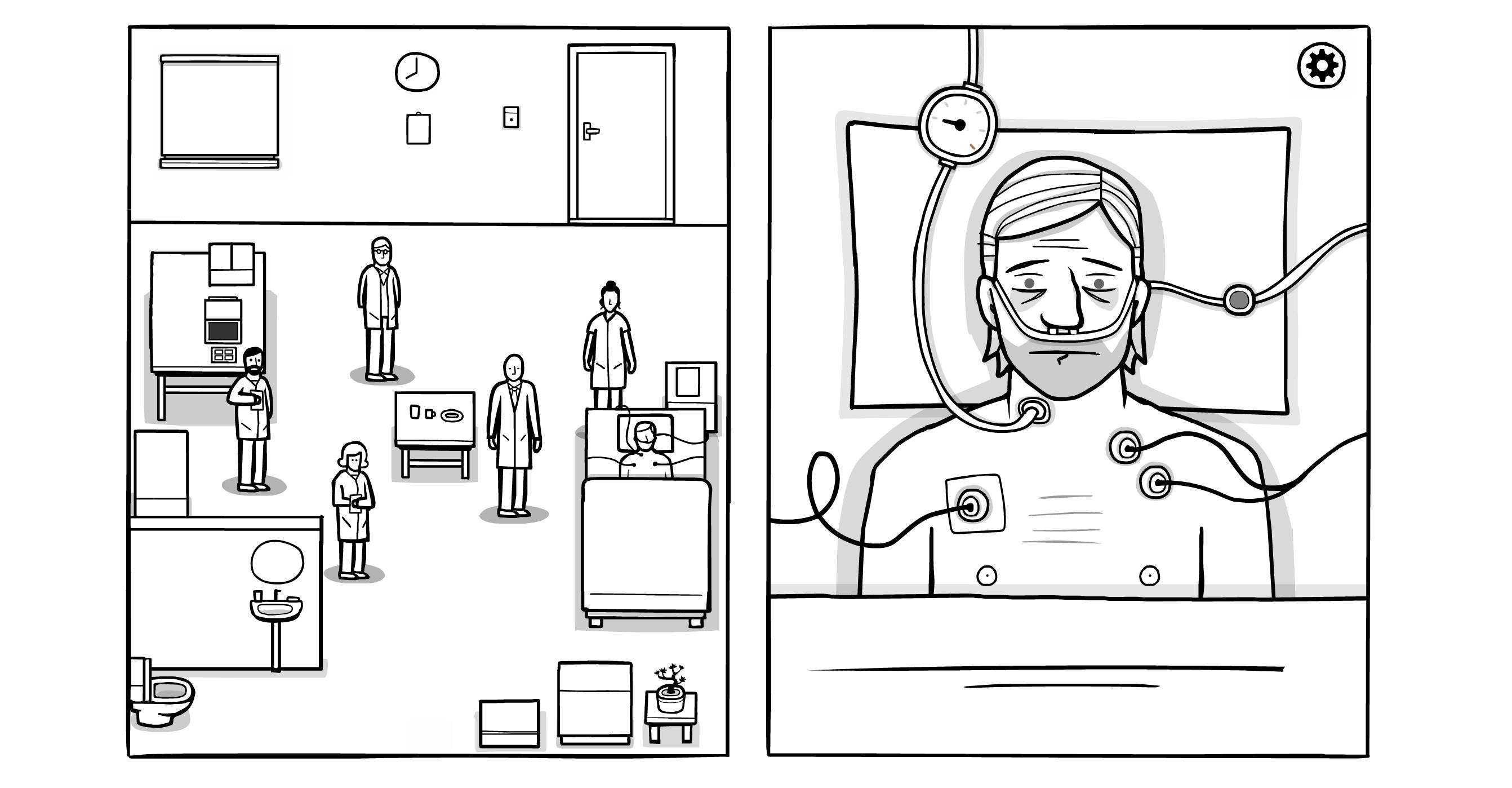
PC, iOS, Android
To play a Rusty Lake game is to experience a dream. To successfully play a Rusty Lake game is to accept the tenets of a dream. Over five years and fourteen games, the Dutch development duo have created an unreality with its own internal illogic, a marauding sense of unease, and the sense that if it ever started to make any, you’d be in a fair amount of trouble.
The White Door is their most successful entry yet, a brilliantly imaginative, unsettling puzzle adventure that increasingly weaves its way into the ongoing Rusty Lake mythos, while operating independently of everything that’s come before.
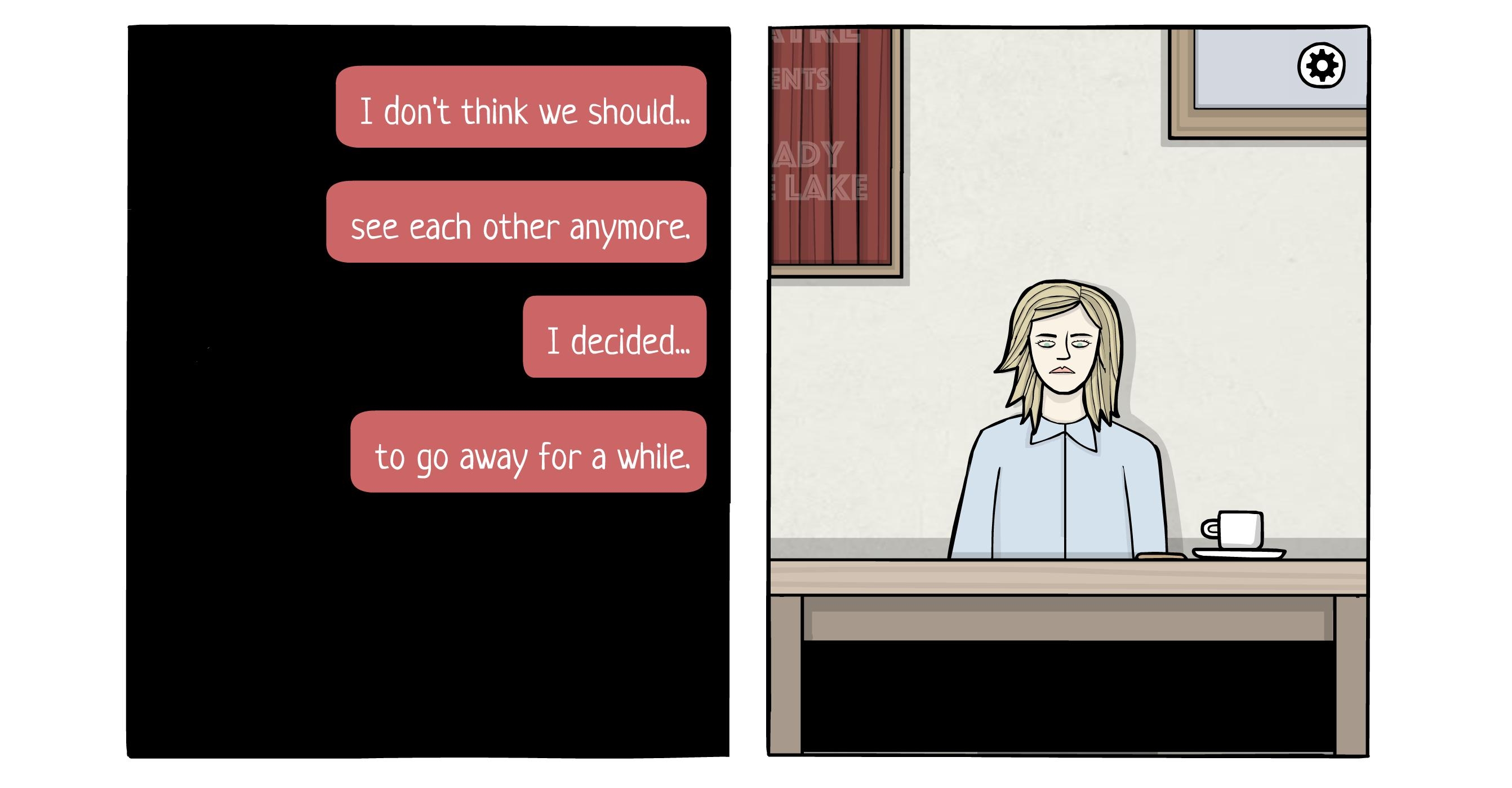
Hello, you are Robert Hill. A man in a very white room. How and why you are there is very much the point of the game, but it’s no spoiler to say you’re in some sort of… clinic? It’s the early ‘70s, and there’s a routine you’re required to follow: Get up. Have breakfast (donut, coffee, natch). Wash and brush teeth. 11am check-up with staff. 3pm memory training on the primitive computer. Dinner. Recreation time. Sleep. Please follow the routine.
In practice, this involves your moving Robert around the left side of the screen, while close-ups appear on the right. And this is just completely wonderful. I know it might seem odd to declare a split screen is “completely wonderful”, but it is, and let’s all just accept that. It’s all so very aesthetically pleasing, the line-drawn world rendered in this way. And as elements of colour begin to creep in, it just gets better.
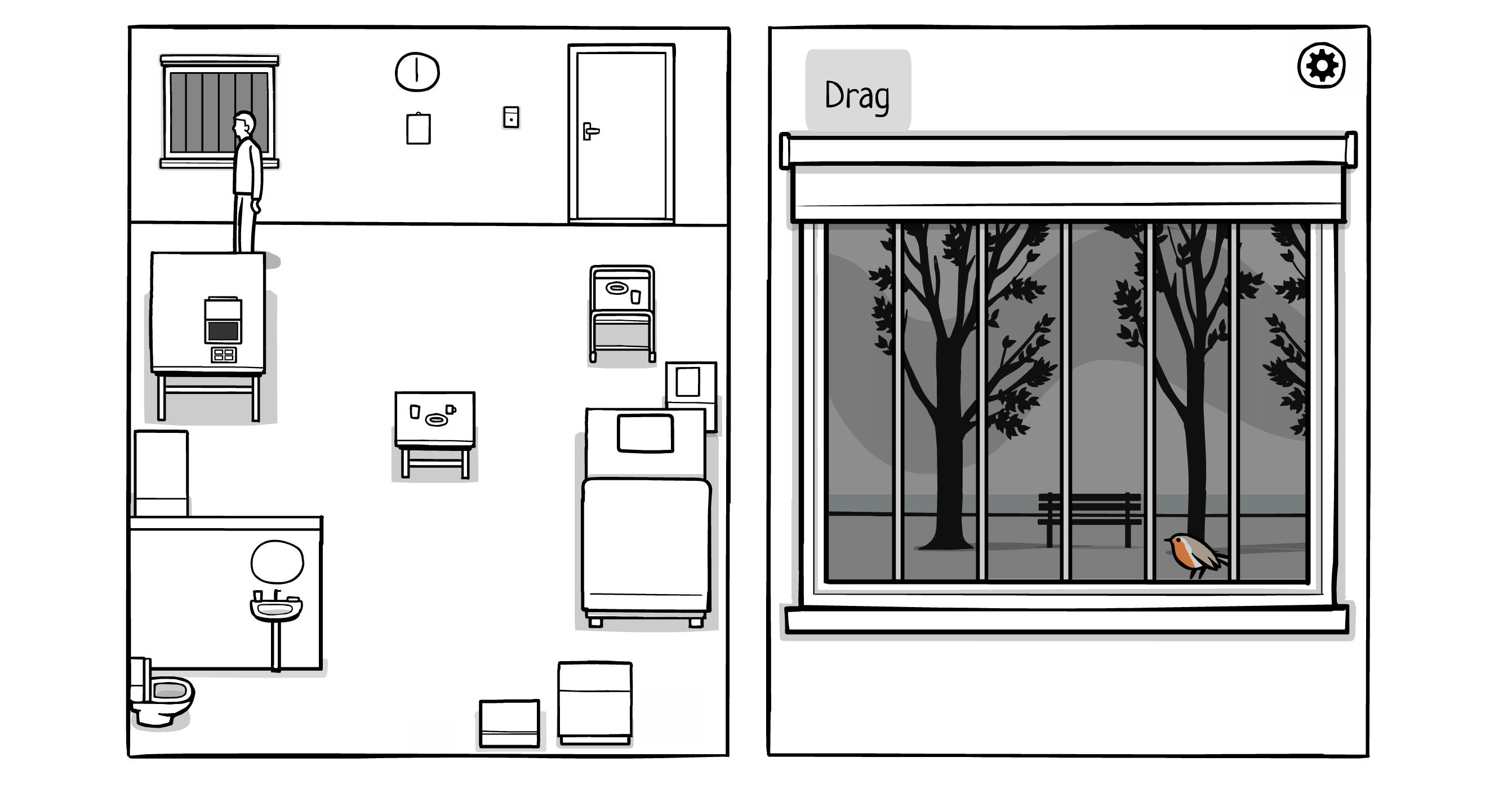
As the days go by, Robert’s memories preceding his arrival to this white room are explored, perhaps through dreams? These are narrated by Robert, in a splendid tired drawl from Bob Rafferty, who appeared in Rusty Lake’s last multi-media experiment, Paradox. Throughout these you interact in the right window by performing the actions described in the left. So if Robert explains he lifted his drink and took a sip, you drag his drink up to his mouth. Nothing taxing, nothing stunning, but it involves you in ways that seem trivial, but ensure you pay attention to key details for later on.
The daytimes in the room vary with each new morning, not just in the nature of the peculiar puzzles during the check-ups and so-called memory tests, but in the increasingly strange happenings in the room. Objects appear, odd markings are drawn into corners, symbols are interpreted, and eventually things unwind into the unnerving weirdness that’ll be familiar to anyone who’s ever played a Rusty Lake entry.
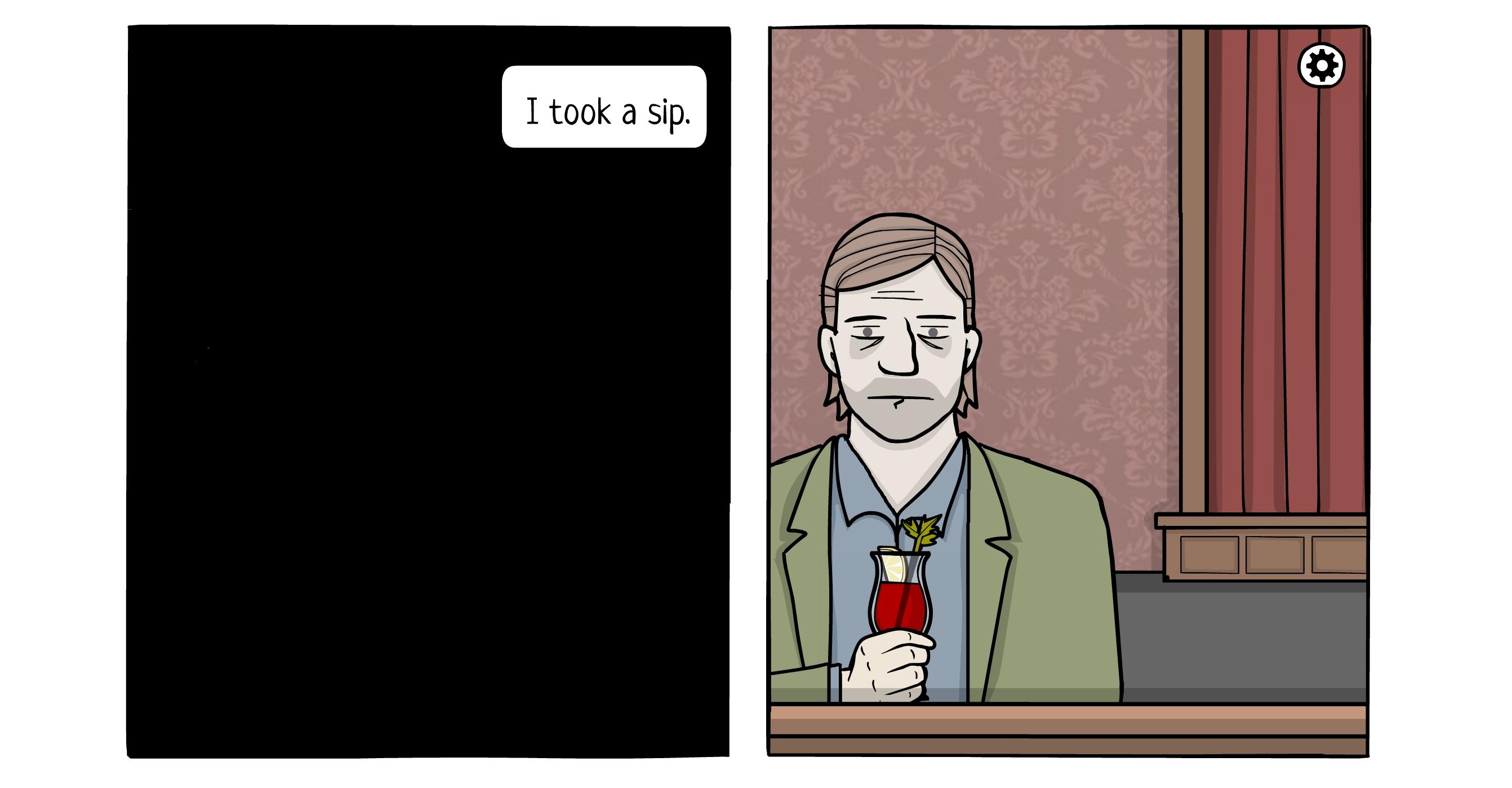
I am never sure if there’s a consistent, eventually-discernible path to be found through the series’ chimera. Much like its worn-on-its-sleeve inspiration, Twin Peaks, there’s always the suspicion that it’s just a collection of ultimately incoherent ideas, woven together with the overconfidence of a dream. And yet at the same time, The White Door felt like it was answering questions, providing information, more generously than the games have before. Felt like. Once it was over, it all seemed to crumble through my fingers. Because: dream.
Rusty Lake favourites do appear, but I shan’t say which or when. Although like a very silly fanboy, I found myself cheering out loud when a certain geometrical shape finally made an appearance. And yet even after fourteen games, I’ve still not the faintest idea what it means. I mean, I know what it feels like. Just not what it’s actually for.
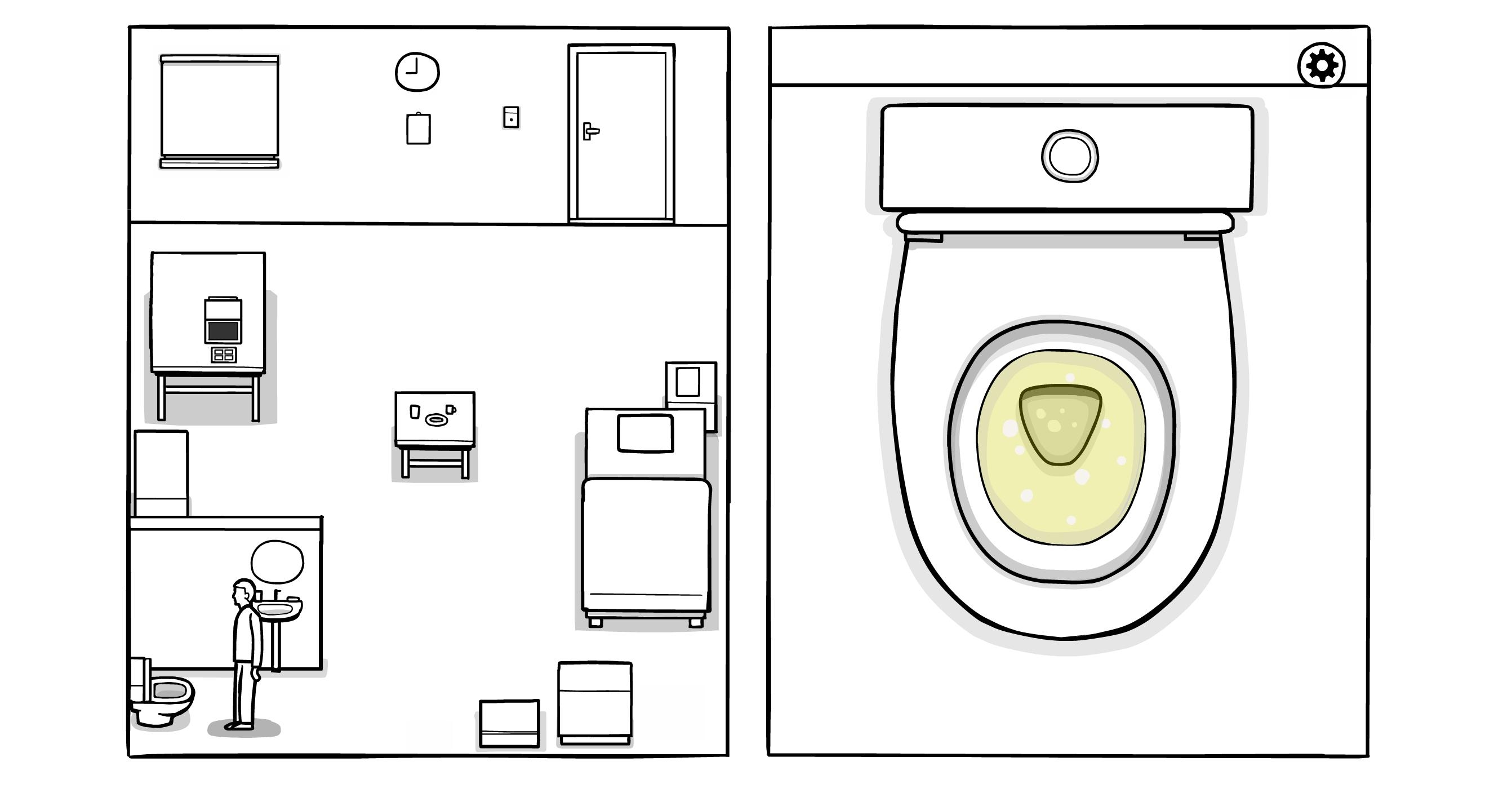
I think this last aspect is why I revere these games so highly, and why I want as many people as possible to experience them. That there are such ephemeral elements that elicit emotional reactions, that’s something really rare and special.
But crucially, The White Door can absolutely be your first encounter with its peculiarities, and still work. The games aren’t in any specific order, jump around in time (most especially Rusty Lake: Roots), and there’s certainly nothing so coherent as a starting point.
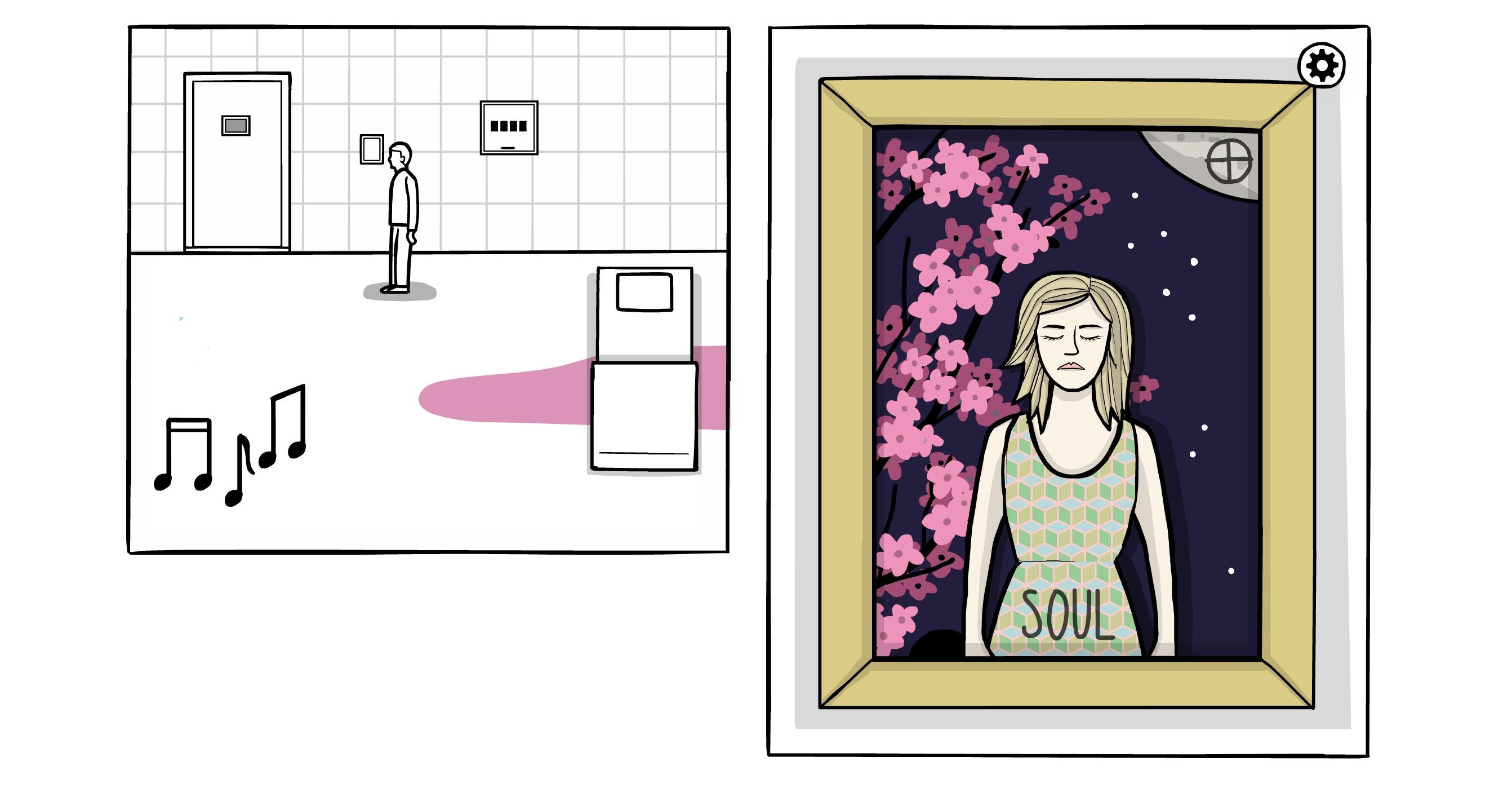
There’s much extra hidden in here. Each day has a bonus black star to discover, which rather than being some tiresomely inconvenient pixel to search for, is a reward for digging just a bit deeper into the room, perhaps trying out a code you might have discerned without being directed. And complete the game and there’s a bonus chapter hidden in the Achievements screen, that adds a whooooooole lot more to your understanding of what is going on.
My only real concern is that it leans perhaps a bit too hard on its Lynchian influences, which is an ongoing criticism of the whole run. Backward-masked forward-speech appears here, and, well, come on, that’s someone else’s idea. It’s great that it evokes the same feverish dream-like experience, but crossing the line between inspiration and just plain copying never works for me.
It’s worth saying that playing on PC, I suspected this will feel better on a touchscreen. A lot of the interaction would feel natural as a finger swipe, but a bit more alien with a cursor. Yet at the same time, the distinctive Rusty Lake art deserves a great big monitor. I intend to replay it on my phone right away, but with my face really close to the screen. That’s probably the solution.
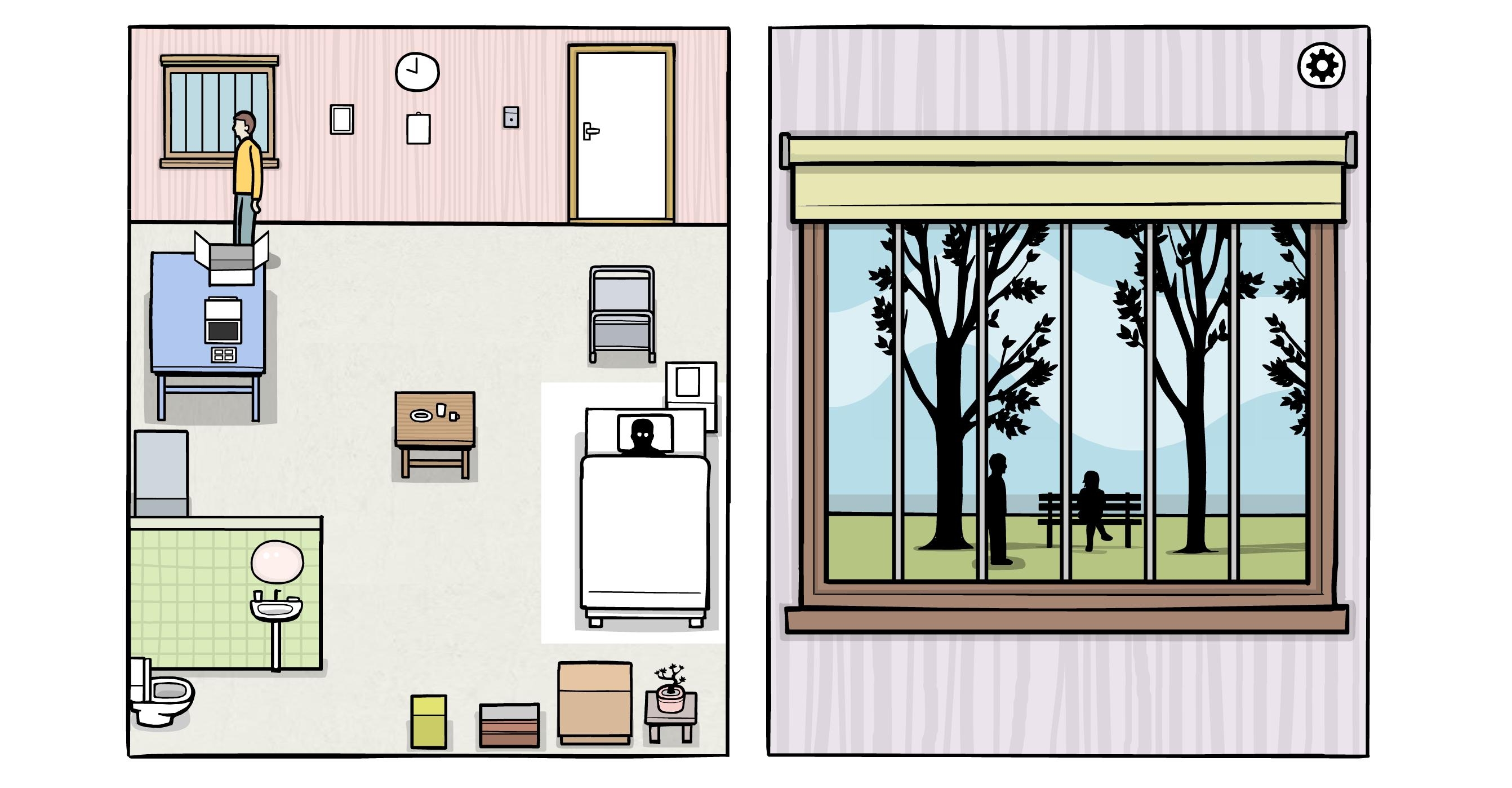
For those new to Rusty Lake, you should absolutely check out the ten free Cube Escape games from the series. You can get the first nine of them free on Android. And the most recent free on Steam. And then buy the rest of them on either format, because gosh they’re ridiculously cheap. Or get them on itch.io, and you can choose to pay more for them – it’s worth it.
For fans, this is a must. It’s the sensibility of the Cube Escape games given the longer-form treatment. Plus voice acting, puzzles, and CREEPY GEOMETRY.
- Rusty Lake / Second Maze
- Steam, itch.io, Android, iOS
- £2.50/$3
- Official site
All Buried Treasure articles are funded by Patreon backers. If you want to see more reviews of great indie games, please consider backing this project.


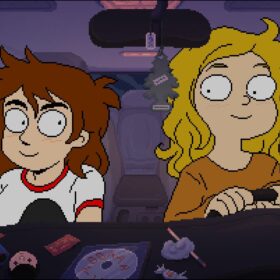
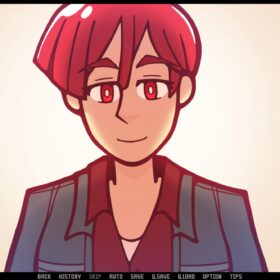

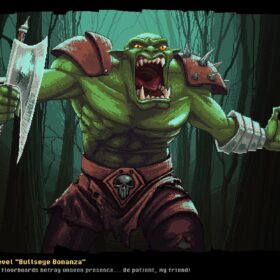
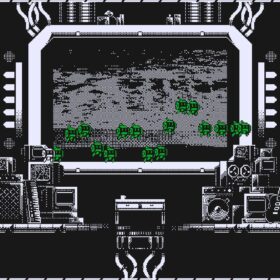
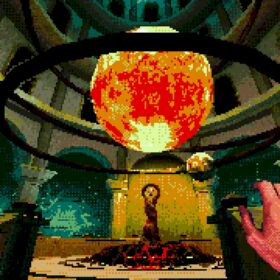
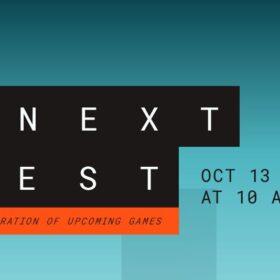
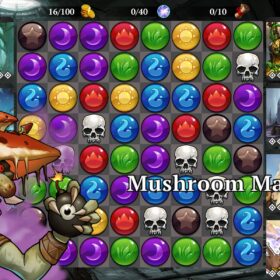
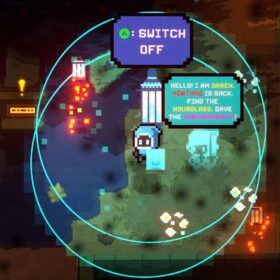
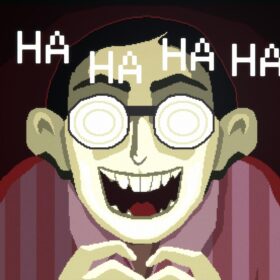
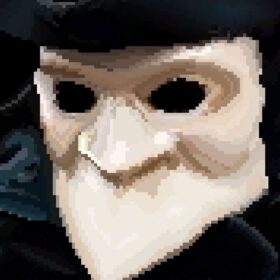
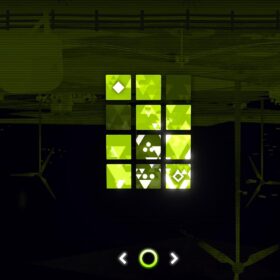
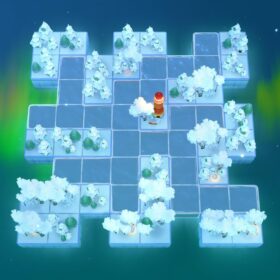
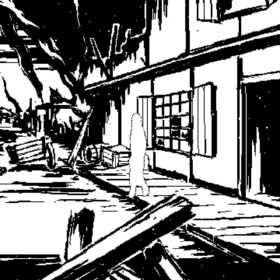

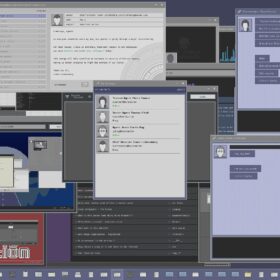
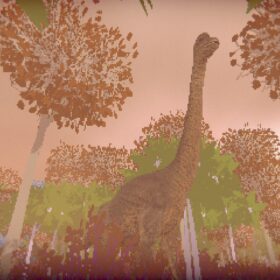
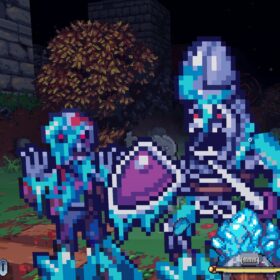
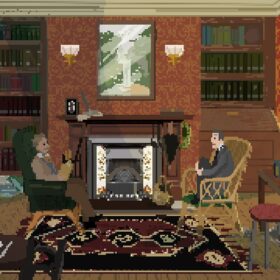
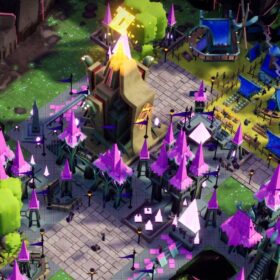
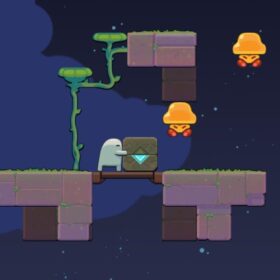
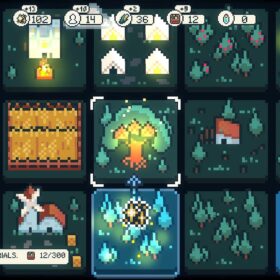

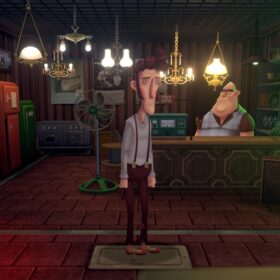
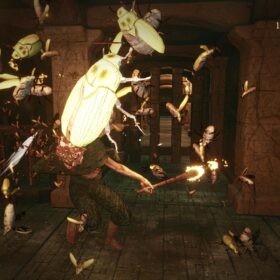

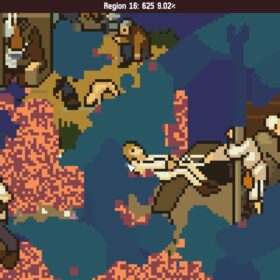
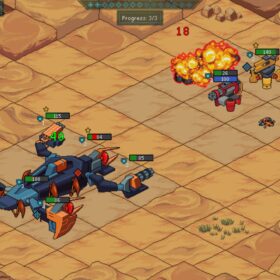

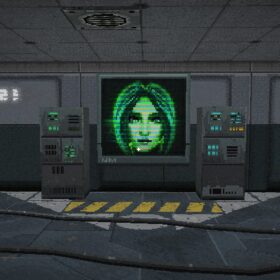
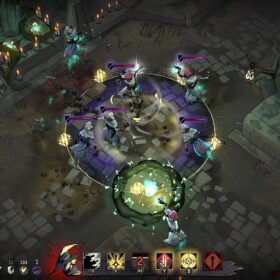
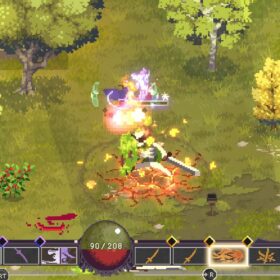
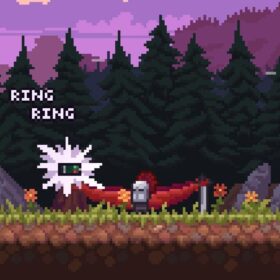
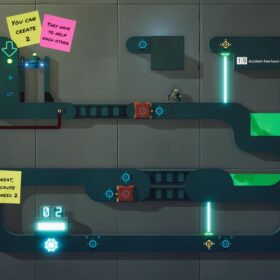
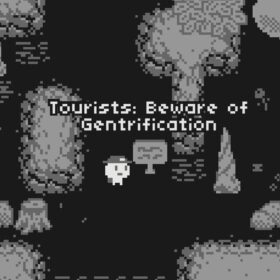
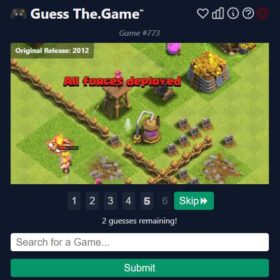
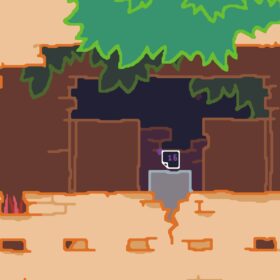
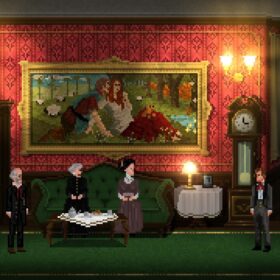

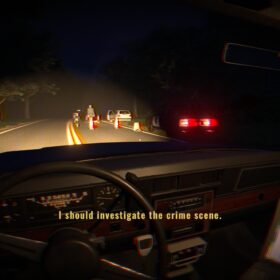
Nice, I liked the Rusty Lake series but they seriously unnerved me. Quite horrific little games, perhaps more so than many big name titles. I will give this a go.
It’s really good! I have been playing on my miserable commute. I’m loving the fact it has a story, and the puzzles are good too. Thanks for the recommendation!